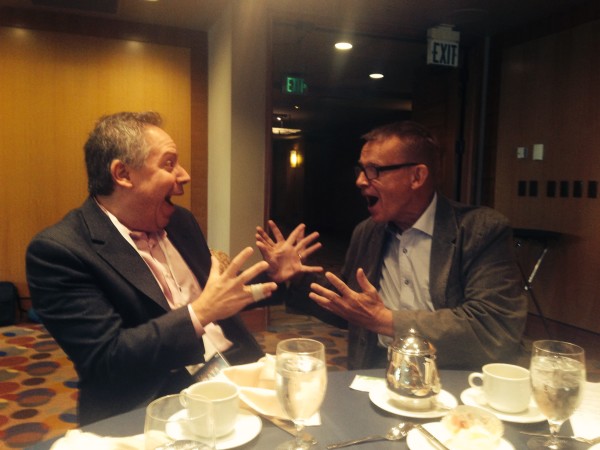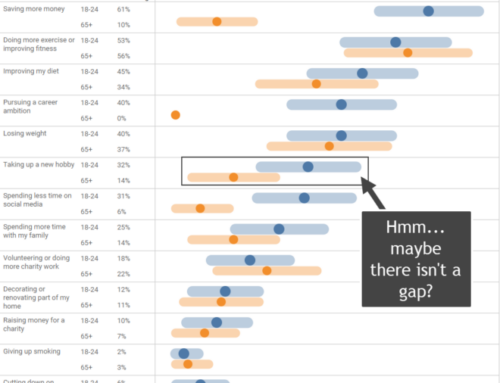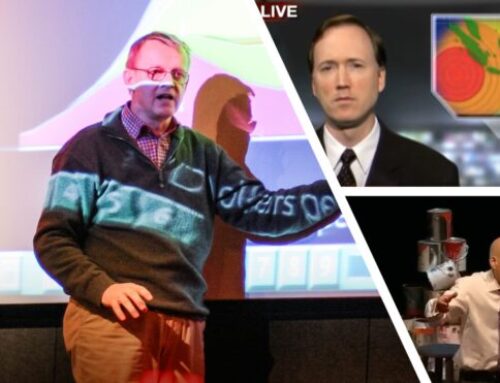February 10, 2017
I was greatly saddened earlier this week when I read that Hans Rosling had died.
Rosling was a Swedish professor of Global Health who, using data, stunning visualizations, and incredible charm, changed the way people understand the world.
I first became aware of his work six years ago when a friend showed me Rosling’s TED Talk from 2006. If you’ve not seen it I encourage you to watch it now.
I’ve seen this video hundreds of times and it never fails to make me want to be better at what I do. It’s also a master class in how to give a truly great presentation. I defy you not to be completely won over when he compares the knowledge chimpanzees have of the world with the knowledge the committee that awards the Nobel Prize in medicine has of the world.
Rosling was a true pioneer in using data — and in particular, visualizing data — to help correct peoples’ misperceptions about the world. He didn’t set out to be a visualization visionary; he just realized that he needed to create new techniques so people would be able to better see and understand the world. As he states in another of his videos, “having the data is not enough. I have to show it in ways people both enjoy and understand.”
I had the pleasure of meeting Rosling at the 2014 Tableau Conference where Rosling was a keynote speaker. I was invited to a special breakfast and was fortunate to be able to sit next to him.
He could not have been a more engaging and delightful dining companion. I told him that my daughter was majoring in Global Health and asked if I could take a picture with him. He gladly consented and suggested we pretend to be engaged in lively banter.

Me with Hans Rosling in 2014.
One thing I want to underscore about Rosling was his unbridled optimism for humankind. If somebody ignorantly claimed how bad things are compared with 50 years ago, he would counter with facts to show just how much better things are now. With fervor, he would cite amazing progress in eradicating malaria, educating young girls, lifting people out of poverty and decreasing the number of children born while increasing the average lifespan of people living in poor countries.
And he was steadfastly convinced that if we can fight ignorance and implement policies based on facts, the world will be a much better place in 50 years than it is now.
Let’s do what we can to prove him right.
Steve Wexler
February 10, 2017
Learn about Gapminder, an organization that Rosling co-founded with his wife and son.
Watch more of Rosling’s TED Talks.
Read Rosling’s amazing book, Facfulness.
Note: At the Tableau breakfast, when we went to sit down I offered my “prime” seat to Jock Mackinlay, Tableau’s VP of Research and Design. Jock told me he had sat next to Rosling at the London Conference earlier that year and I should keep my seat.
Thank you, Jock.







